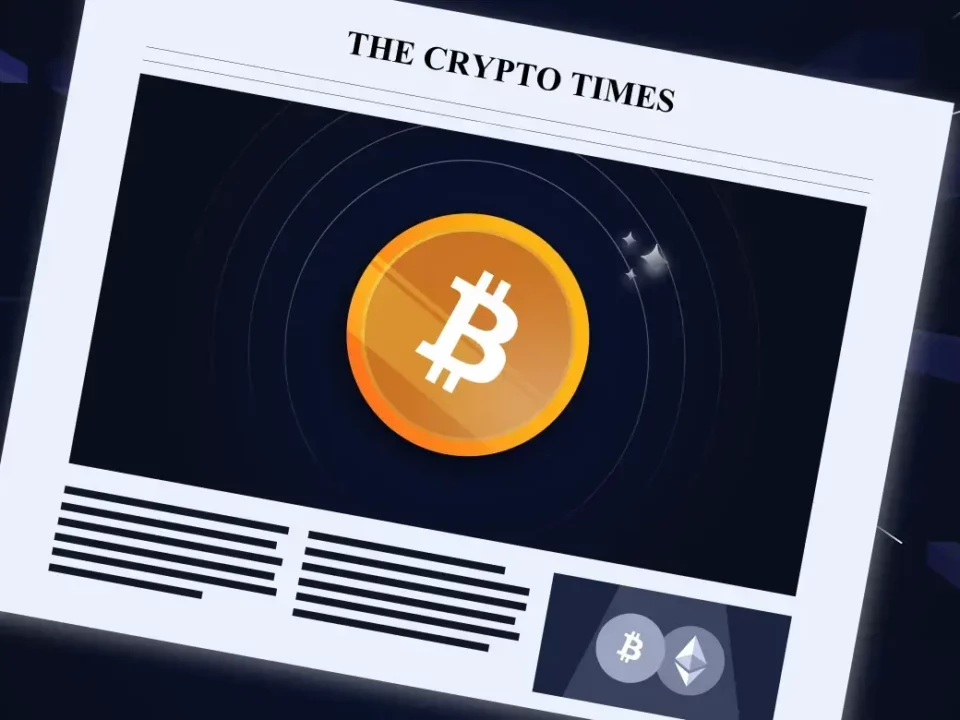Key Takeaways:
- EIP-7702 Revolutionizes EOAs: Ethereum Improvement Proposal 7702 introduces a new transaction type aimed at transforming Externally Owned Accounts (EOAs) into smart contract wallets temporarily, enhancing functionality and security.
- Addressing Vital Use Cases: The proposal addresses critical issues such as transaction batching, sponsorship, and privilege de-escalation, streamlining Ethereum transactions, and improving the overall user experience.
- Forward Compatibility Concerns: While similar to EIP-3074, proponents of EIP-7702 express concerns about forward compatibility, highlighting potential issues with obsolete opcodes and fragmentation of development efforts.
- Seamless Integration and Compatibility: EIP-7702 seamlessly integrates with existing EIP-3074 workflows and is designed to be forward-compatible with future developments in account abstraction, ensuring continuity in Ethereum development.
- Considerations for Security and Implications: Implementing EIP-7702 may require adjustments in mempool design and other Ethereum Improvement Proposals (EIPs). User security remains paramount, with authors emphasizing caution when signing contract code, aligning with shared security considerations from EIP-3074.
Read More: Ethereum Price Prediction
In the ever-evolving landscape of Ethereum development, a notable group of Ethereum developers, led by Vitalik Buterin, has introduced a groundbreaking proposal known as EIP-7702. This proposal aims to revolutionize the functionality and security of Externally Owned Accounts (EOAs) within the Ethereum ecosystem, addressing crucial issues such as transaction batching, sponsorship, and privilege de-escalation.
The essence of EIP-7702 lies in its innovative approach to transaction types. According to the draft, this new transaction type introduces a contract_code field and a signature, effectively transforming the signing account into a smart contract wallet for the duration of the transaction. This shift in paradigm opens up a myriad of possibilities for enhancing the usability and security of Ethereum applications.
One of the primary motivations behind EIP-7702 is to offer short-term improvements to EOAs, empowering developers to create more efficient and secure applications. This proposal aims to streamline Ethereum transactions and bolster the overall user experience by facilitating transaction batching, sponsorship, and privilege de-escalation.
While a similar proposal, EIP-3074, addresses these use cases, the proponents of EIP-7702 express concerns regarding its forward compatibility. They argue that EIP-3074 introduces opcodes that may become obsolete in a future dominated by smart contract wallets. Additionally, they fear that it could lead to the fragmentation of development efforts, creating separate ecosystems for invoker contracts and smart contract wallets.
The specification of EIP-7702 delves into the technical intricacies of the proposal, outlining the transaction payload format and the execution process. Notably, it details how the signing account’s contract code is temporarily set during the transaction, reverting to an empty state upon completion.
Proponents of EIP-7702 highlight its seamless integration with existing EIP-3074 workflows, emphasizing its forward compatibility with future developments in account abstraction. This compatibility ensures continuity in Ethereum development, avoiding the creation of disparate code ecosystems and redundant opcodes.
However, it’s essential to acknowledge the potential implications of EIP-7702. By breaking the invariant that an account balance can only decrease through transactions originating from that account, this proposal may necessitate adjustments in mempool design and other Ethereum Improvement Proposals (EIPs).
As with any significant change in Ethereum protocol, user security remains paramount. The authors stress the importance of exercising caution when signing contract code, underscoring shared security considerations with EIP-3074.
In conclusion, EIP-7702 represents a significant step forward in Ethereum development, promising enhanced functionality and security for Externally Owned Accounts. As the Ethereum community continues to evolve, proposals like EIP-7702 pave the way for a more robust and resilient blockchain ecosystem.
Source: Crypto Briefing
Related posts
Bitcoin Price Hits New All-Time High Following Fed’s 25-Basis-Point Rate Cut
Fed’s interest rate cut spurs crypto momentum, boosting Bitcoin and Ethereum prices.
Read more
Blum Secures Major Investment from TOP to Strengthen DeFi Presence in TON Ecosystem
TOP’s backing aims to accelerate Blum’s multi-blockchain expansion.
Read more


